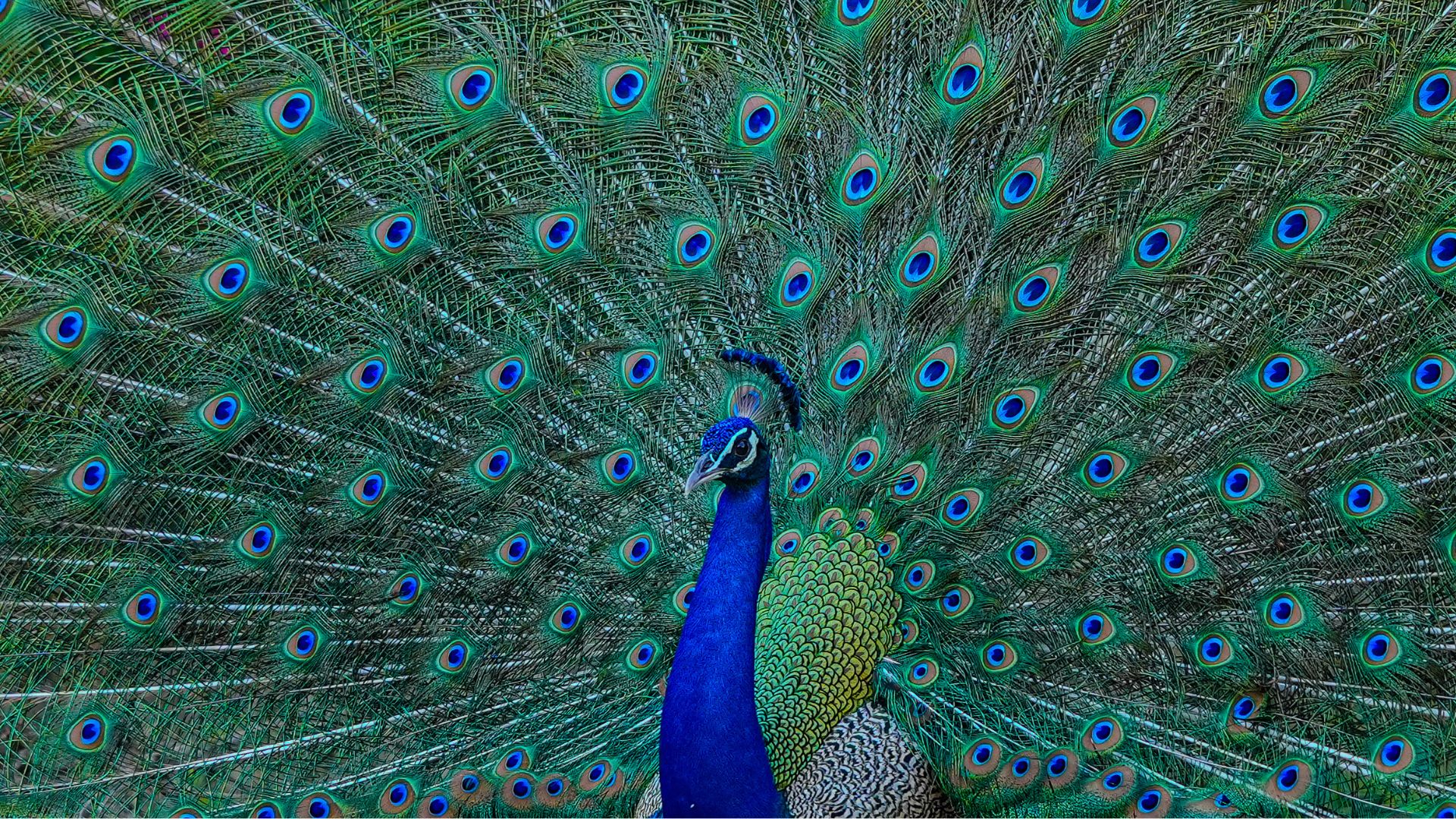Rediscovery of Attenborough’s Long-Beaked Echidna: A Remarkable Find in Indonesia

In a groundbreaking development for the world of wildlife conservation, scientists have announced the rediscovery of Attenborough’s long-beaked echidna, a fascinating species that had been feared extinct for more than six decades. This remarkable find emphasizes not only the resilience of nature but also the critical importance of biodiversity preservation.
The long-beaked echidna, scientifically classified as Zaglossus attenboroughi, was located deep within the lush rainforests of Indonesia, a region renowned for its rich biodiversity. This species, which is named in honor of the esteemed naturalist Sir David Attenborough, is one of the few egg-laying mammals existing today, placing it in a unique category among the world’s fauna. With its spiky fur and distinctive beak, the echidna has earned the nickname of “living fossil,” a testament to its ancient lineage that dates back approximately 200 million years, during the age of dinosaurs.
The discovery was made by a team of researchers who have dedicated years to exploring Indonesia's remote areas. Their efforts were driven by reports from local communities and ecological studies that hinted at the echidna’s presence in the dense jungle. The initial sighting of this elusive creature has sparked excitement not only among scientists but also conservationists who are eager to study its habitat and behaviors.
The long-beaked echidna is part of the Monotreme family, which is unique as it includes only a handful of species in the world, all of which share the trait of laying eggs. This characteristic, combined with their spiky appearance, makes them one of the most intriguing animals on the planet. The rediscovery holds significant implications for biodiversity in the region, as it underscores the potential for other lost species to be found.
As researchers work to gather more data about the echidna's population and ecological requirements, there is hope that this finding will lead to increased conservation efforts. Habitat preservation will be crucial, as the rainforests of Indonesia face threats from logging, agriculture, and climate change. The long-beaked echidna’s rediscovery serves as a reminder of the importance of protecting our planet’s biodiversity and the unique species that inhabit it.



















